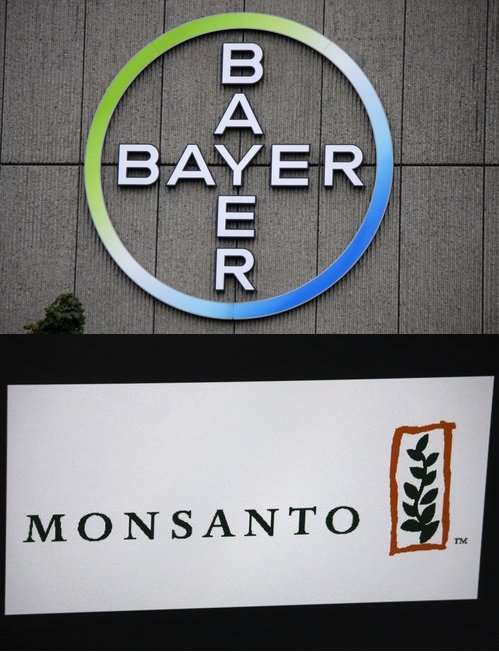Transaction could close by the end of 2017
By Diego Flammini
Assistant Editor, North American Content
Farms.com
Monsanto executives have approved a merger with Bayer, worth upwards of US$66 billion.
Both companies say the merger will help farmers, and the agriculture industry as a whole, tackle the challenges ahead of them.
“This is an important milestone as we work to combine our two complementary companies and deliver on our shared vision for the future of agriculture,” Monsanto CEO Hugh Grant said in a Dec. 12 release. “By bringing together our expertise and our resources to drive this shared vision, we can do even more together to benefit growers around the world and to help address broad global challenges like climate change and food scarcity.”

“The acquisition of Monsanto is driven by our strong belief that this combination can help address the growing challenges facing farmers and the overall agriculture industry today and in the future,” Werner Baumann, CEO of Bayer AG, said in the release. “Together, Bayer and Monsanto will be able to offer the new, innovative solutions that our customers need. We look forward to completing the transaction and working closely with Monsanto to ensure a successful integration.”
Farms.com has reached out to the Ontario Federation of Agriculture, the American Farm Bureau Federation and various farmers for comments on what a deal this size could mean for producers.